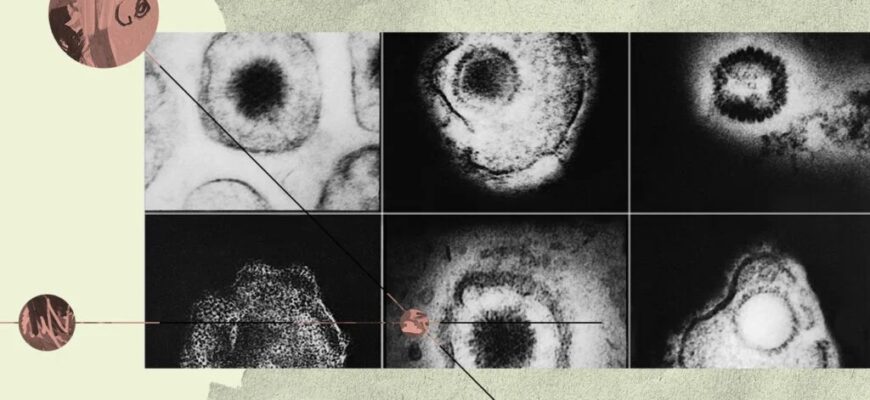An unexpected ally in the war against cancer.
Advanced melanoma, a particularly aggressive form of skin cancer, often proves resistant to standard treatments, leaving patients with limited options. But science, in its often-unpredictable way, might have found a surprising new weapon: a modified version of the common herpes simplex virus, notorious for causing cold sores.
Recent findings from the international IGNYTE clinical trial, published in the prestigious Journal of Clinical Oncology, reveal that a genetically altered form of the herpes virus, known as RP1, when used in combination with the immunotherapy drug nivolumab, demonstrated significant effectiveness against advanced melanoma that had previously shrugged off conventional immunotherapy.
The trial enrolled 140 patients battling this challenging diagnosis. For these individuals, standard approaches had failed. The investigative therapy involved administering RP1 alongside nivolumab. The results were noteworthy: approximately one-third of the patients saw their tumors shrink by 30 percent or more. Even more encouraging, roughly one in six patients experienced a complete disappearance of their tumors.
Perhaps most critically, the study observed effects extending beyond just the tumors that were directly injected with the virus. This systemic response suggests the treatment doesn`t merely act locally but potentially rallies the body`s immune system to seek out and combat cancer cells throughout the body.
RP1 belongs to a cutting-edge class of therapeutics called oncolytic viruses. These ingenious agents are engineered to specifically infect and destroy cancer cells while leaving healthy cells unharmed. Once inside a tumor cell, the virus multiplies, causing the cell to burst. This process not only eliminates the infected cancer cell but also releases signals that alert the immune system to the presence of tumor cells, effectively turning the tumor itself into an immune-stimulating factory.
Given the often grim prognosis for advanced melanoma that doesn`t respond to initial therapy, these results offer a genuine glimmer of hope. They pave the way for potentially developing a new class of drugs for patients who currently have few alternatives, perhaps making the herpes virus, for once, a welcome rather than unwelcome guest.








